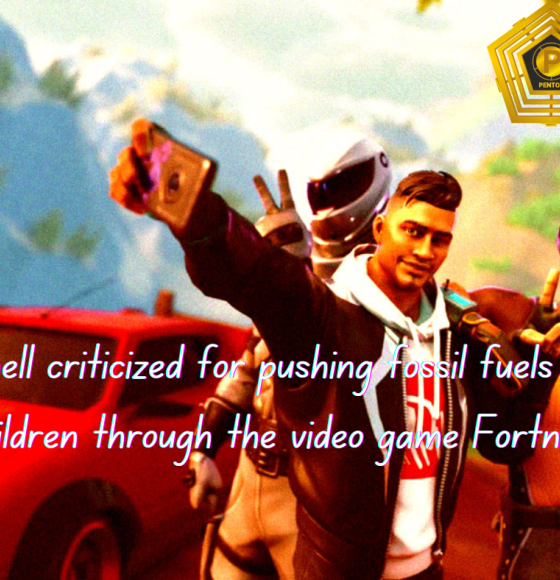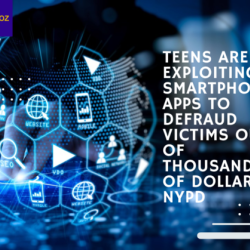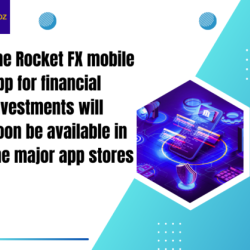Climate activists are criticizing Shell for collaborating with well-known video gamers and young influencers online to advertise fossil fuels to the next generation.
In order to promote its “ultimate road trips” promotion, which is a part of a marketing campaign for a new gasoline it calls V-Power Nitro+, the oil company, which in July posted quarterly revenues of more than $5bn (£3.9bn), collaborated with Fortnite producers and paid well-known players on several platforms.
The firm is pushing young players to fill up virtual cars at interactive Shell gas stations and publish screenshots of the game using the hashtag #Shellroadtrips on Twitch, TikTok, Instagram, and YouTube, claims the group Media Matters for America.
According to the non-profit organization’s investigation, at least six Twitch streamers with a total of 5.5 million followers were sponsored by Shell to broadcast gaming live. Three additional content producers who were paid to promote the campaign in their videos on other platforms were also named. According to Media Matters, these influencers have a combined 1.5 million Instagram followers, 8.5 million TikTok subscribers, and 11.6 million YouTube subscribers.
A YouTube presenter going by the nickname Chica had a potential audience of 1.74 million people for only one paid promotion post they made last month.
Even though Shell has known for decades that the product it sells is contributing to the climate disaster, Allison Fisher, head of Media Matters’ climate and energy program, said that the company’s marketing to young people is yet another illustration of how big oil prioritizes profit before people and the environment.
“Regulators in the US and Europe have cracked down more and more on the strategy used by the fossil fuel sector to pass off or misrepresent its products as clean or sustainable. The target market for this new campaign—those who are most worried about the climate crisis—seems to be popular gamers and social media influencers who can help spread the word about its climate-stabilizing product.
Regulators may allow it, but that does not make it acceptable.
Fisher cited a 2021 research of ten countries and hundreds of young people that found 75% of them were “frightened” by the climate disaster and that nearly half of them claimed their feelings about it negatively impacted their daily lives.
The promotion was also challenged by Aru Shiney-Ajay, executive director of the advocacy group Sunrise Movement, whose student members last week staged a climate sit-in at then-speaker Kevin McCarthy’s office.
“This is yet another desperate move by a dying company,” she remarked. “Gen Z is aware of the truth about the fossil fuel sector, and Shell is aware of this. This is merely their most recent effort to buy their way out of a situation.
“Students are fed up with this BS and taking back control. They are mobilizing and occupying [Republican Party] offices to force their school boards to impart the truth about the climate issue and the role of the fossil fuel business.
A request for comment from the Guardian was not responded to by Shell, whose chief executive Wael Sawan stated in July that it would be “dangerous and irresponsible” to reduce the output of fossil fuels.
However, a related sweepstakes that offered rewards ranging from gas vouchers to an all-expenses-paid road trip with lodging and transportation has now come to an end.
This is not the first time the business has used the popularity of video games to sell its goods. In 2019, it collaborated with Riot Games to sponsor the League of Legends European finals, claiming that it was “proud… to bring entertainment and value to esports fans across Europe.”
Shell has sponsored students in Singapore to create an online interactive game with an emphasis on road safety as one of its smaller-scale projects.
The carbon footprint of the gaming industry itself has also come under scrutiny. The production of primarily plastic consoles in Chinese factories using fossil fuels, their intensive energy use over relatively brief lifespans, and their mass disposal in landfills were all noted in a 2020 Wired article.
That hasn’t stopped Shell or other businesses from making an effort to attract a younger clientele through online marketing and promotions that feature gamers.
Ilana Berger, an analyst for Media Matters, stated that “trade industry groups and energy companies have sought to use influencer marketing to humanize their products, even though the impacts of these products are driving climate change [and] jeopardizing its target audience.”

















